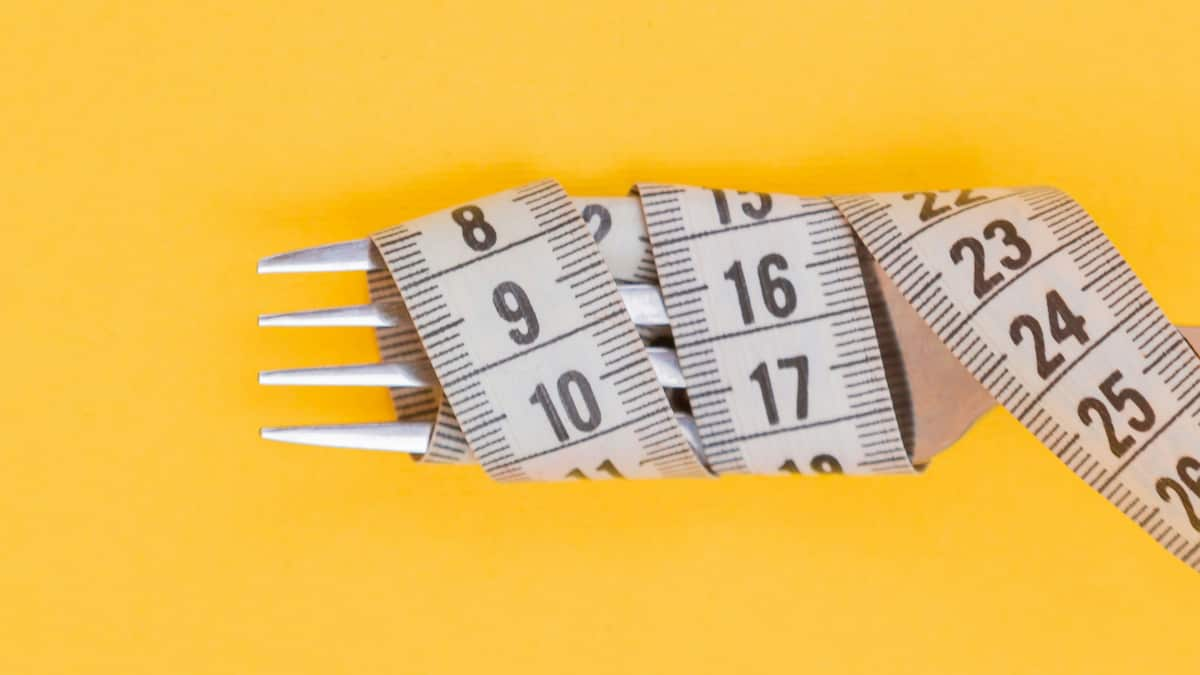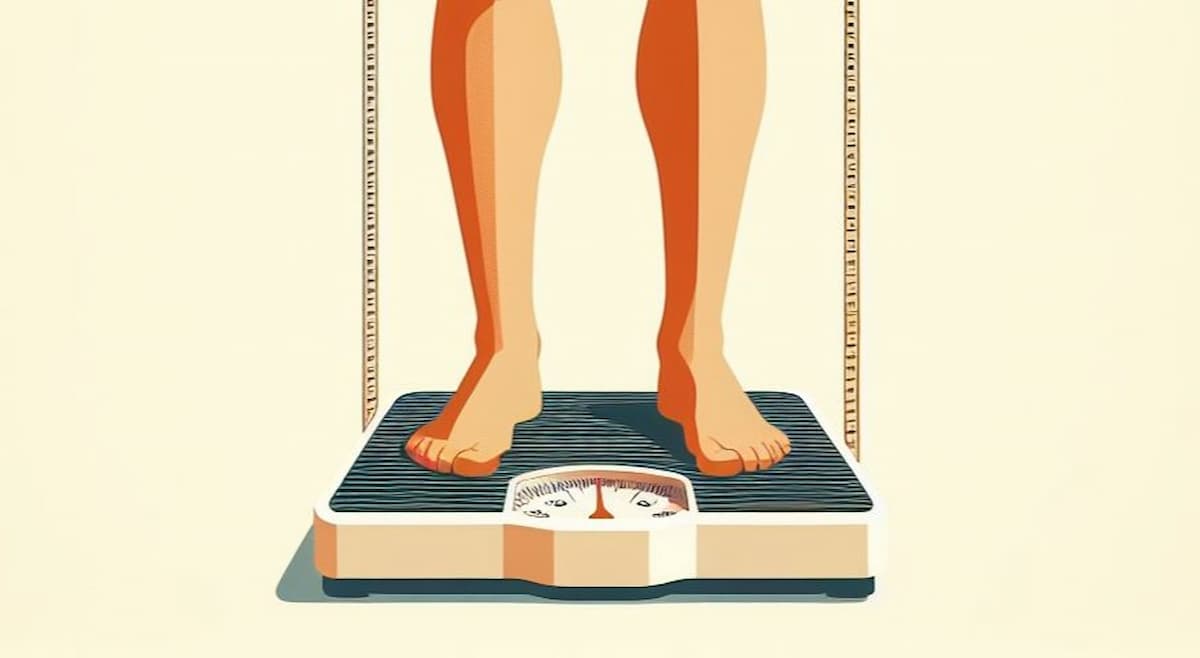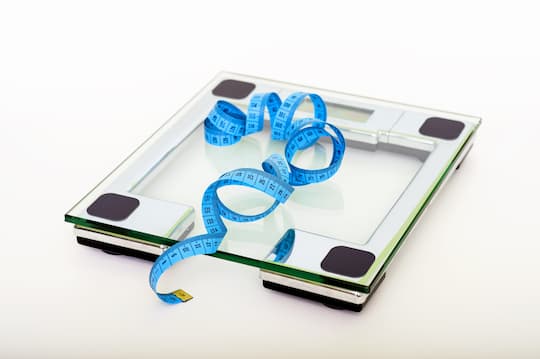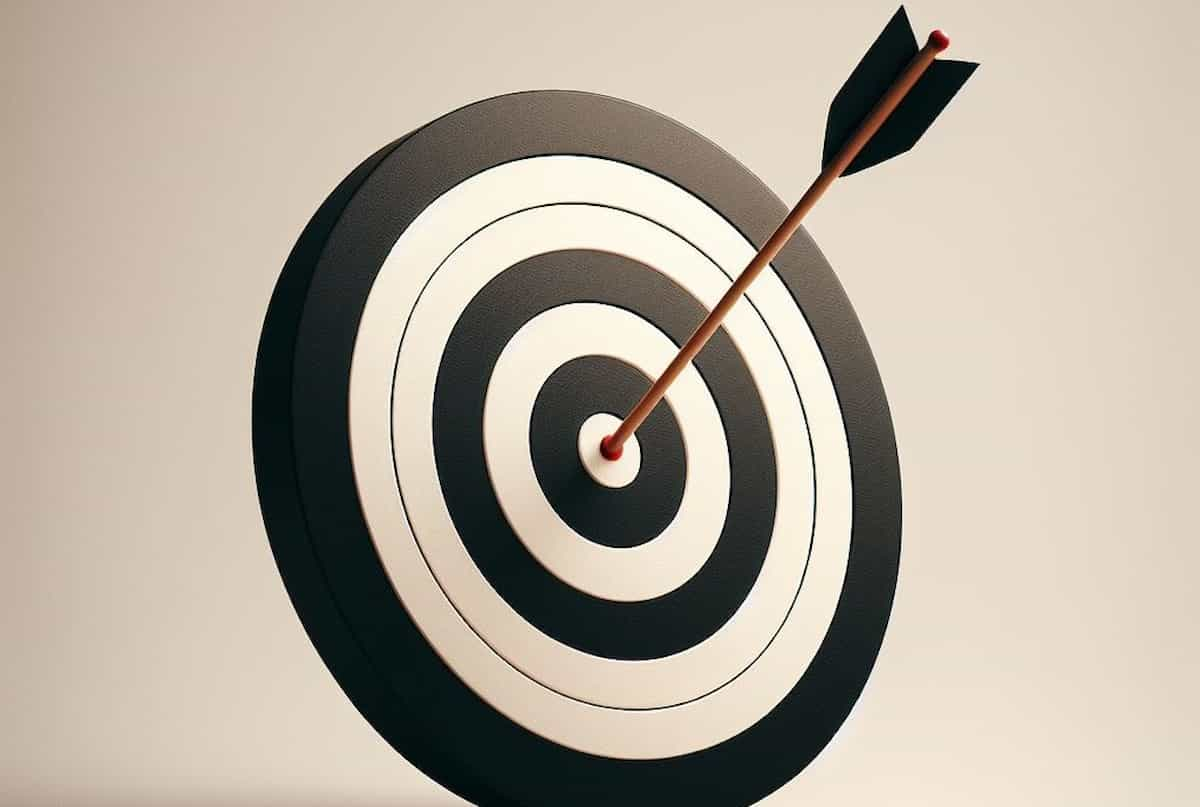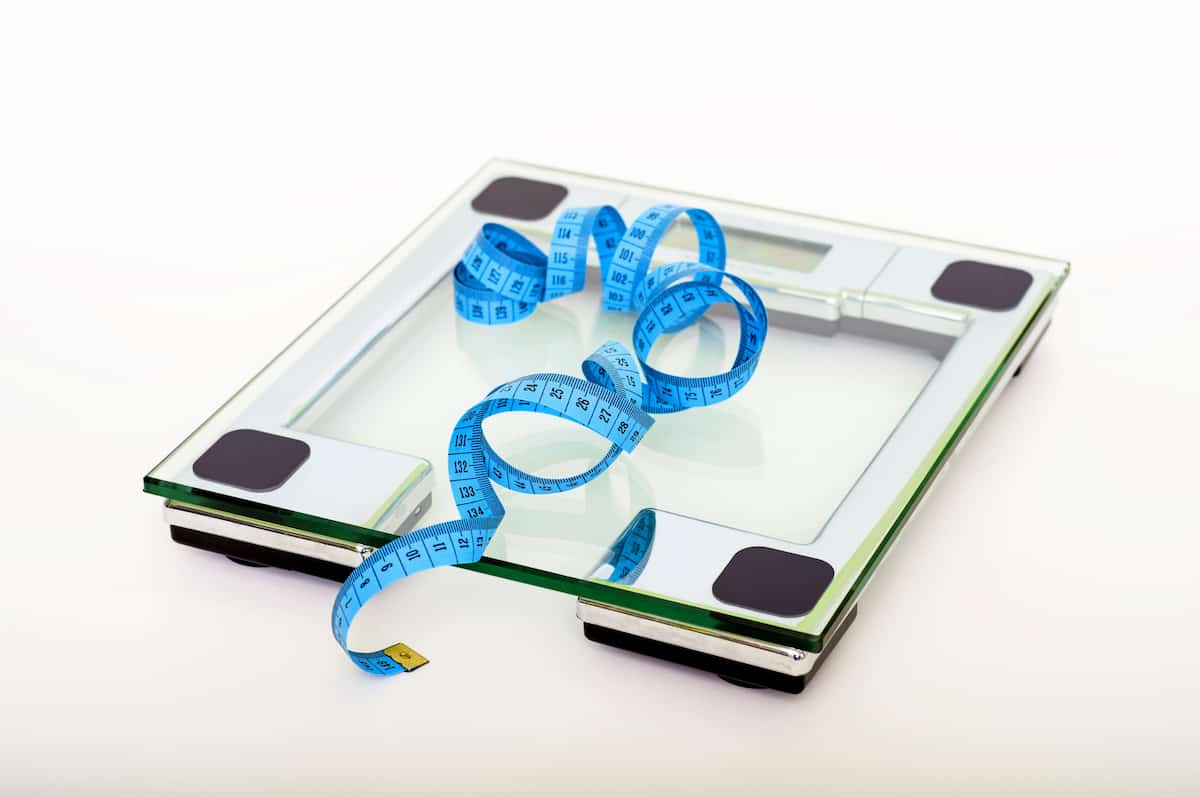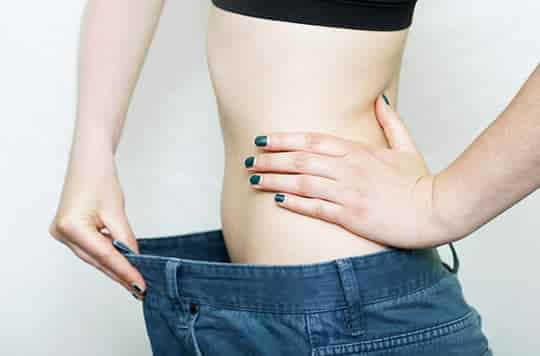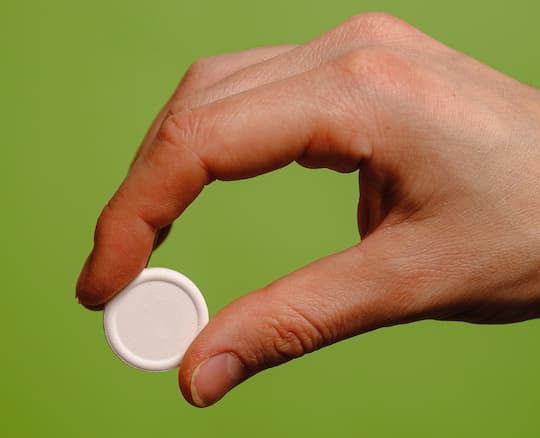Study points to a radical new approach to dieting: choosing a diet you can actually enjoy!
As every dieter knows, planning a diet and actually following through are two completely different things.
A psychological study reveals exactly why this is.
The reason is that most people think their conscious thoughts and intentions will change their behaviour, when in fact they don’t.
What really drives a lot of actual, real-world dieting behaviour is the emotions.
Dr Marc Kiviniemi, a public health researcher at the University at Buffalo, explained:
“The crux of the disconnect is the divide between thoughts and feelings.
Planning is important, but feelings matter, and focusing on feelings and understanding their role can be a great benefit.
If you’re sitting back conceiving a plan you may think rationally about the benefits of eating healthier foods, but when you’re in the moment, making a decision, engaging in a behavior, it’s the feelings associated with that behavior that may lead you to make different decisions from those you planned to make.”
Weird diets which make you eat foods you don’t like or hardly any food at all are doomed to failure.
Dr Kiviniemi continued:
“First of all, the deprivation experience is miserable.
If you didn’t associate negative feelings with it to start, you will after a few days.
The other thing that’s important is the distinction between things that require effort and things that are automatic.
Planning is an effort that demands mental energy, but feelings happen automatically.
Deprivation or anything that demands a high degree of self-control is a cognitive process.
If you put yourself in a position to use that energy every time you make a food choice that energy is only going to last so long.”
Enjoy what you eat!
Any potential diet should be centred around a radical approach: enjoying what you eat.
Dr Kiviniemi said:
“In the dietary domain, eating more fruits and vegetables is fabulous advice.
But if you have negative feelings about those food choices, they might not represent elements of a good plan.
It’s not just about eating healthy foods.
It’s about eating the healthy foods you like the most.
Think seriously about how you’re going to implement the plans you make to change your behavior, and that includes not only the feeling component, but how you plan to overcome a negative reaction that might surface during a diet.”
The research was published in the Journal of Health Psychology (Kiviniemi & Brown-Kramer, 2015).
